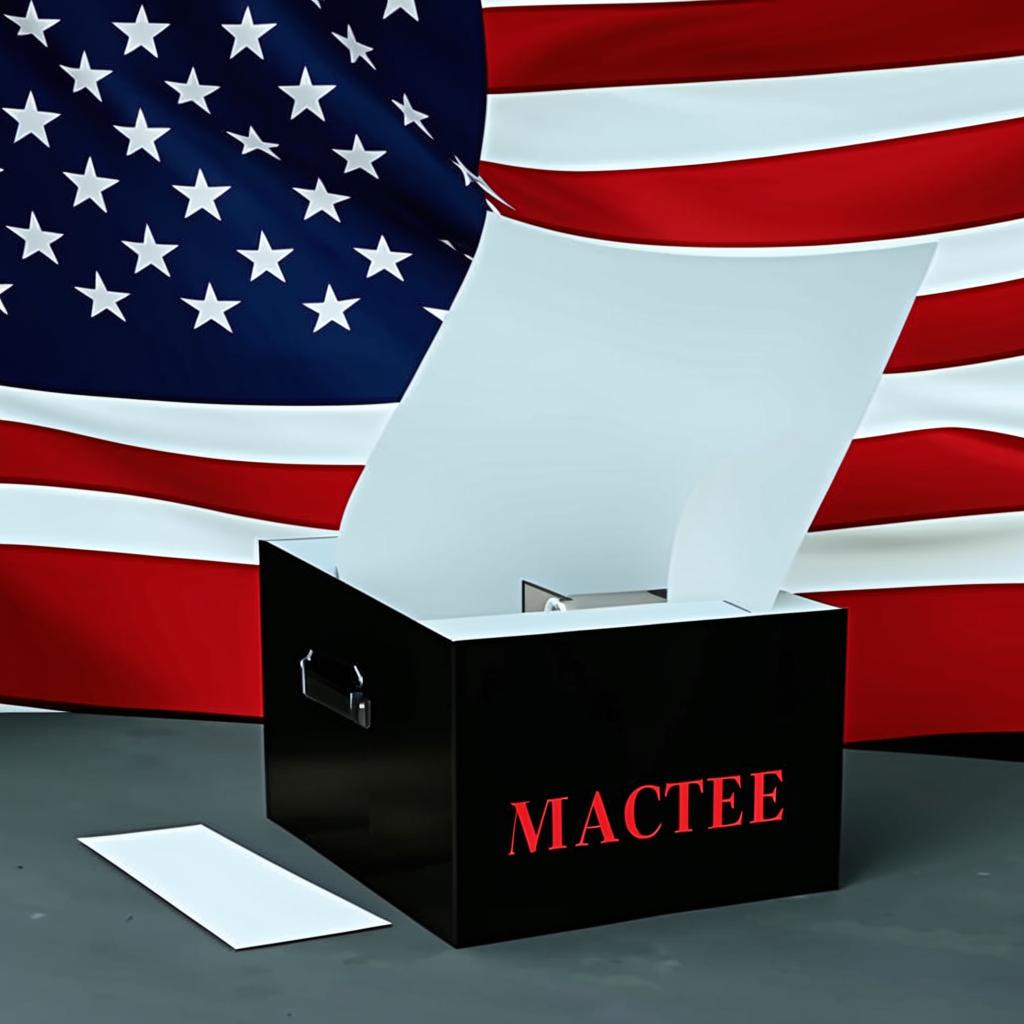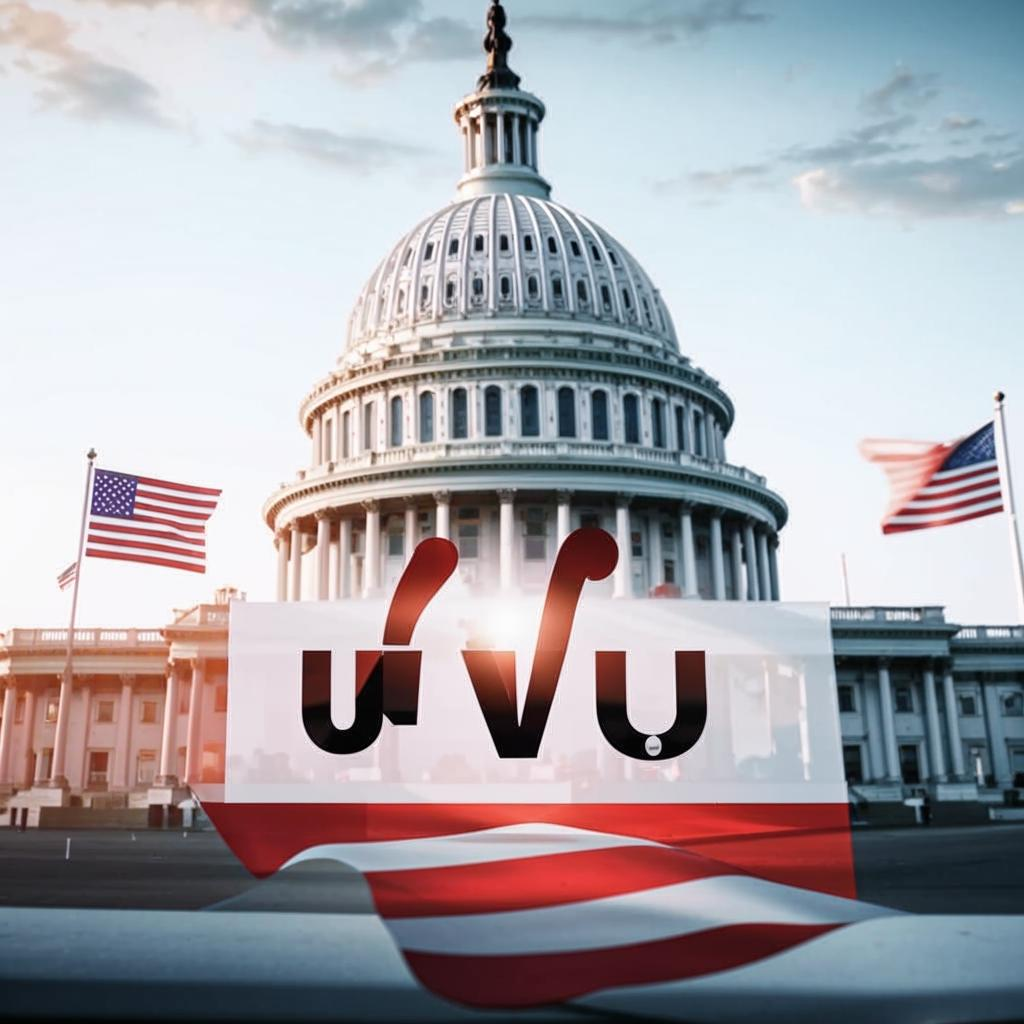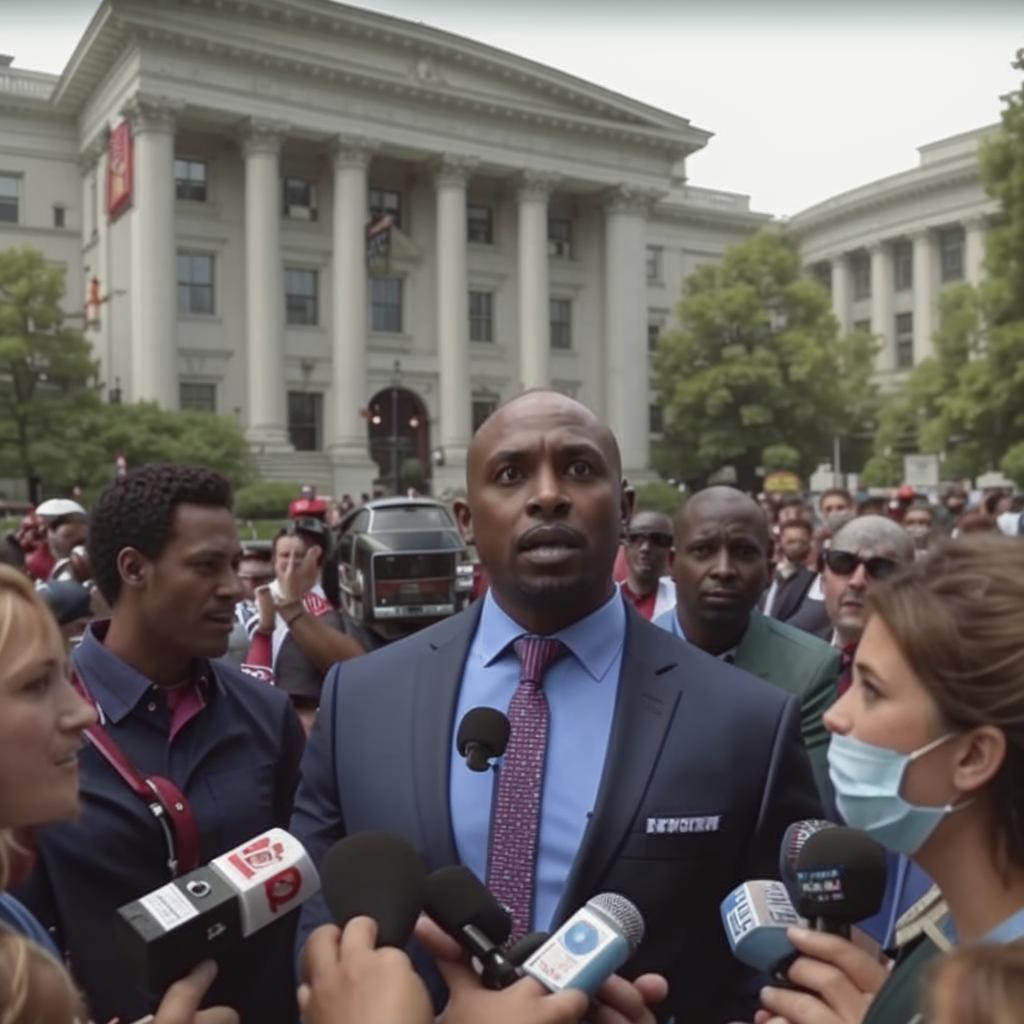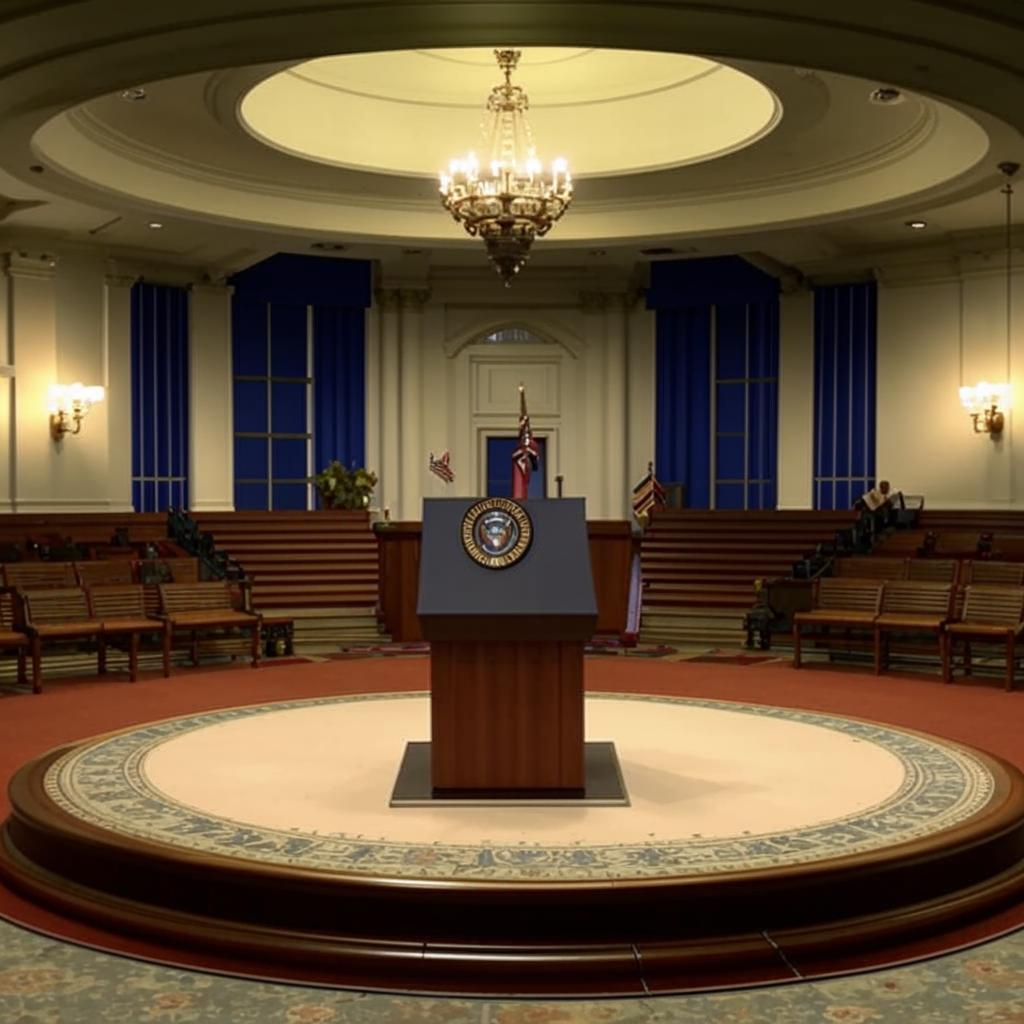The integrity of U.S. elections is under increased scrutiny as actions by the federal government spark controversy. Concerns are mounting among voting rights advocates and some lawmakers, who argue that certain policies and decisions could undermine the security and fairness of the electoral process. These concerns often stem from perceived limitations on federal oversight, changes to voting procedures, or debates surrounding funding for election infrastructure.
Recent debates have centered on issues such as voter ID laws, access to mail-in ballots, and the role of federal agencies in monitoring elections. Critics argue that restrictive voter ID laws disproportionately affect minority and low-income voters, while limitations on mail-in voting can disenfranchise those who have difficulty accessing polling places.
Proponents of the changes maintain they are necessary to prevent voter fraud and ensure the accuracy of election results. They argue that states should have the autonomy to set their own election rules and that federal intervention can lead to overreach and politicization of the process.
Several organizations are calling for increased transparency and accountability in the electoral system. They advocate for measures such as independent audits of election results, enhanced cybersecurity protocols to protect voting machines, and increased funding for election infrastructure. The debate over election security is expected to continue in the lead-up to the next election cycle, highlighting the need for a bipartisan approach to safeguarding the integrity of the democratic process. Public trust in elections is crucial, and addressing these concerns is essential to maintain confidence in the outcome. The future of secure elections relies on the balance of access, security, and public trust.












